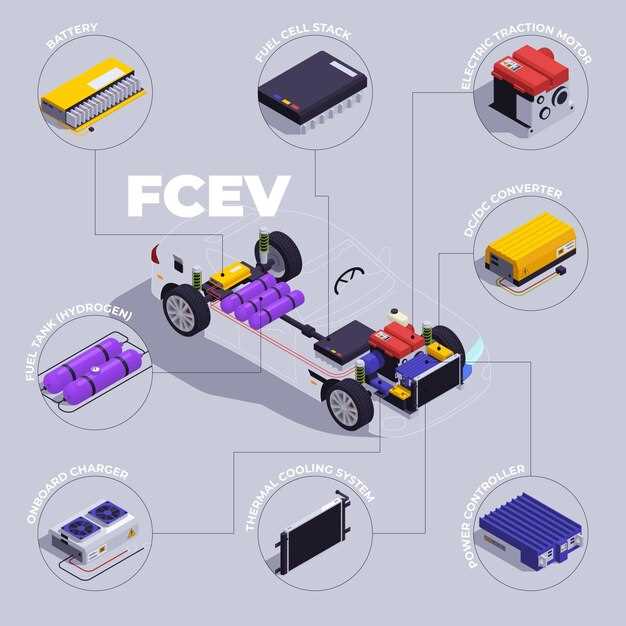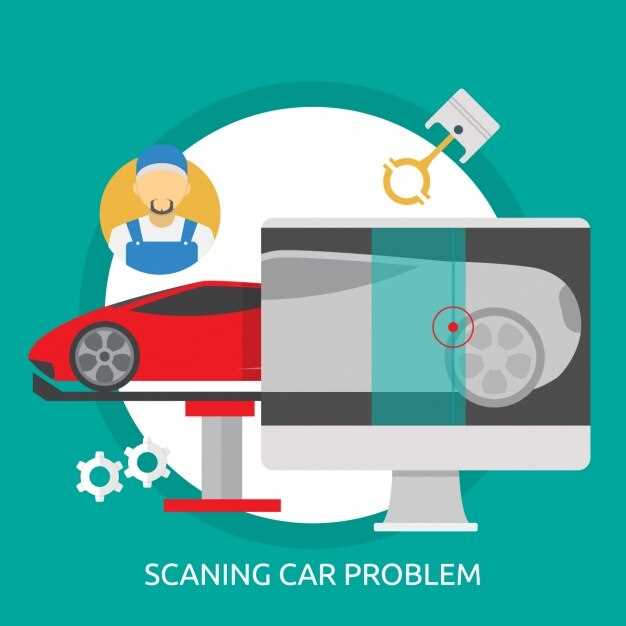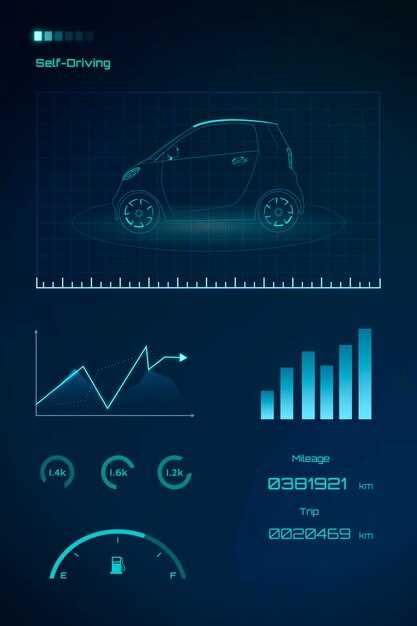
The automotive industry is constantly evolving, with performance enhancements gaining significant attention from car enthusiasts and everyday drivers alike. Among the most sought-after improvements are performance tuning and ECU remapping. Both methods aim to optimize a vehicle’s performance, but they do so using different approaches. Understanding the nuances of each can help car owners make informed decisions that best suit their needs.
Performance tuning refers to a broad range of modifications designed to enhance the overall efficiency and output of a vehicle. This can include hardware upgrades, such as improved exhaust systems and turbochargers, as well as attending to suspension and braking systems. This holistic approach often results in a vehicle that not only performs better but also delivers an enhanced driving experience.
On the other hand, ECU remapping focuses specifically on the vehicle’s Engine Control Unit (ECU). This process involves reprogramming the software that governs fuel injection, ignition timing, and other essential parameters to increase horsepower and torque. While ECU remapping can yield impressive performance gains, it often comes with considerations regarding potential impacts on reliability and emissions compliance.
In this article, we will delve deeper into the distinctions between performance tuning and ECU remapping. By exploring their advantages, limitations, and which approach might be better suited for different driving styles, we aim to equip you with the knowledge necessary to make an informed choice for your vehicle’s enhancement.
Performance Tuning or ECU Remapping: Which is Better?
The debate between performance tuning and ECU remapping centers on the desired outcome, individual vehicle specifications, and overall driving experience. Both methods aim to enhance the power and efficiency of a vehicle, but the approaches differ significantly.
Performance tuning encompasses a broad range of modifications aimed at improving a vehicle’s performance. This can include upgrading components such as the intake and exhaust systems, installing a performance chip, or even altering the vehicle’s suspension and braking systems. Performance tuning typically provides a more holistic improvement, focusing on both engine output and overall vehicle dynamics. This method demands a deep understanding of how various components interact, ensuring that any adjustment made contributes positively to the vehicle’s performance.
On the other hand, ECU remapping involves reprogramming the engine control unit (ECU) to optimize fuel mixture, ignition timing, and boost pressure in turbocharged engines. By modifying the software that governs engine behavior, ECU remapping can yield significant power increases without physical modifications. It allows for fine-tuning specific parameters to maximize performance based on the driver’s preferences. However, ECU remapping is often limited to the existing hardware configuration of the vehicle.
When determining which option is better, it is crucial to consider the vehicle’s goals. For those seeking modest improvements in power while maintaining reliability, ECU remapping offers a straightforward solution. Conversely, performance tuning is better suited for enthusiasts looking for substantial upgrades and a customized driving experience through various modifications.
In terms of cost, ECU remapping is generally less expensive than a comprehensive performance tuning package, which may require multiple upgrades and professional installation. However, the best choice ultimately depends on the desired balance between performance goals, budget, and long-term vehicle reliability.
In conclusion, neither performance tuning nor ECU remapping is categorically superior; rather, each serves distinct purposes. The right choice depends on individual preferences, driving style, and the specific vehicle being modified.
Understanding the Differences Between Performance Tuning and ECU Remapping

Performance tuning and ECU remapping are terms frequently used interchangeably in the automotive world, yet they encompass distinct processes aimed at enhancing vehicle performance.
Performance tuning is an overarching term that refers to a variety of modifications and adjustments made to improve a vehicle’s capabilities. This can include mechanical upgrades, such as installing a high-performance exhaust system or a cold air intake, as well as changes to suspension and braking systems. Tuning also encompasses fine-tuning the engine’s parameters, such as optimizing fuel delivery and ignition timing. The goal is to enhance overall vehicle performance, including acceleration, handling, and efficiency.
On the other hand, ECU remapping specifically refers to the process of modifying the electronic control unit’s software that manages engine functions. This involves altering the pre-programmed parameters embedded in the ECU to optimize engine performance. Remapping can lead to improvements in horsepower, torque, and fuel efficiency by adjusting how the engine responds to various conditions. It is often done through specialized software and requires a deep understanding of automotive engineering.
Another key difference lies in the approach and flexibility of each method. Performance tuning can be tailored through a combination of mechanical and software modifications, allowing for a more holistic enhancement of the vehicle. Conversely, ECU remapping focuses solely on software changes and may not address underlying hardware limitations unless accompanied by other modifications.
Moreover, performance tuning may increase reliability when done with quality parts and expertise, while overly aggressive ECU remapping can sometimes lead to engine strain or failure if not executed properly. Thus, choosing between the two depends on the desired outcome, budget, and the specific vehicle in question.
In summary, while both performance tuning and ECU remapping aim to elevate driving experience, they are fundamentally different in their scope, methods, and potential impacts. Understanding these differences is crucial for vehicle owners seeking to unlock their car’s full potential responsibly and effectively.
Identifying the Pros and Cons of Each Approach for Your Vehicle

When considering performance tuning and ECU remapping, understanding the advantages and disadvantages of each approach is crucial for making an informed decision about enhancing your vehicle’s performance.
Performance Tuning Pros:
- Improved Performance: Performance tuning typically focuses on mechanical optimizations, enhancing aspects like exhaust flow and intake efficiency, leading to tangible power gains.
- Custom Solutions: Tuning can be tailored to specific driving styles and conditions, allowing for personalized performance enhancements that match the owner’s needs.
- Enhanced Sound: Many tuning modifications improve engine sound, providing a more exhilarating driving experience.
Performance Tuning Cons:
- Cost: The expenses associated with performance tuning can be significant, depending on the parts and labor involved. This may not be feasible for all budget levels.
- Warranty Issues: Modifications might void the vehicle’s warranty, potentially leading to costly repairs not covered by the manufacturer.
- Potential Reliability Issues: Non-factory modifications may lead to decreased reliability if not conducted correctly, impacting the vehicle’s long-term performance.
ECU Remapping Pros:
- Cost-Effective: ECU remapping generally offers a less expensive solution compared to extensive hardware modifications, making it a popular choice for budget-conscious enthusiasts.
- Quick Reversion: If necessary, ECU remaps can often be reverted to the original settings, allowing for easy restoration of the factory configuration.
- Improved Fuel Efficiency: Properly executed remapping can improve fuel efficiency alongside performance gains, providing an economical advantage over time.
ECU Remapping Cons:
- Limited Customization: While remapping can enhance performance, it may not provide the same level of customization as mechanical tuning, potentially leaving some drivers unsatisfied.
- Dependency on Software Updates: Manufacturers often update their ECU software, which can negate remapping benefits if these updates are applied.
- Potential for Problems: Inexperienced tuners may introduce bugs or instability in the car’s systems during remapping, leading to unforeseen issues.
In conclusion, both performance tuning and ECU remapping have their respective advantages and disadvantages. The best approach for your vehicle will depend on your specific goals, budget, and willingness to deal with potential trade-offs. Careful consideration and research can lead to a satisfying enhancement of your vehicle’s capabilities.
Evaluating the Cost-Effectiveness of Performance Modifications vs. ECU Remapping
When it comes to enhancing vehicle performance, enthusiasts often debate between physical performance modifications and ECU remapping. Both approaches come with their unique benefits and costs, making it essential to evaluate their cost-effectiveness carefully.
Physical modifications, such as aftermarket exhaust systems, air intakes, or turbochargers, typically involve significant upfront investments. These modifications can improve horsepower, torque, and overall engine responsiveness. However, the costs can add up quickly:
- Aftermarket exhaust system: $500 – $2,500
- High-performance air intake: $200 – $600
- Turbo or supercharger kits: $2,500 – $10,000 or more
In addition to installation costs, physical modifications may require further adjustments to maintain optimal performance, leading to additional expenses for parts and labor. Furthermore, some modifications could impact warranty coverage and emissions compliance.
In contrast, ECU remapping, or tuning, involves altering the vehicle’s software to optimize performance without physical changes. This process is generally less expensive and can yield substantial gains in power and efficiency:
- Cost of ECU remapping: $300 – $2,000
- Time-efficient process: Typically completed within a few hours
- Minimal risk of warranty voiding if done correctly
However, the cost-effectiveness of ECU remapping can depend on various factors, including:
- Vehicle make and model: Some vehicles respond better to tuning than others.
- Existing engine condition: Prior modifications or wear and tear may limit gains.
- Driving style: Aggressive driving may necessitate more extensive remapping.
Ultimately, the choice between physical modifications and ECU remapping should consider both immediate costs and long-term implications. While performance modifications can offer dramatic improvements, the higher financial investment and potential complications may outweigh the benefits for some drivers. ECU remapping often presents a more accessible and financially sound option for enhancing performance, especially for those seeking a straightforward upgrade without extensive alterations.
In conclusion, careful analysis of both options in terms of budget, goals, and vehicle characteristics is essential for making an informed decision about performance enhancement methods.





